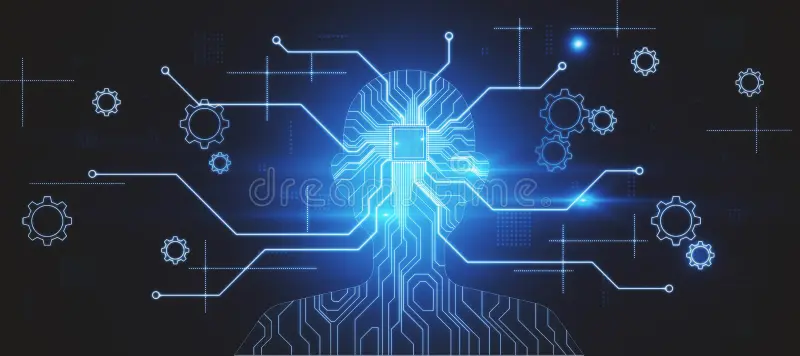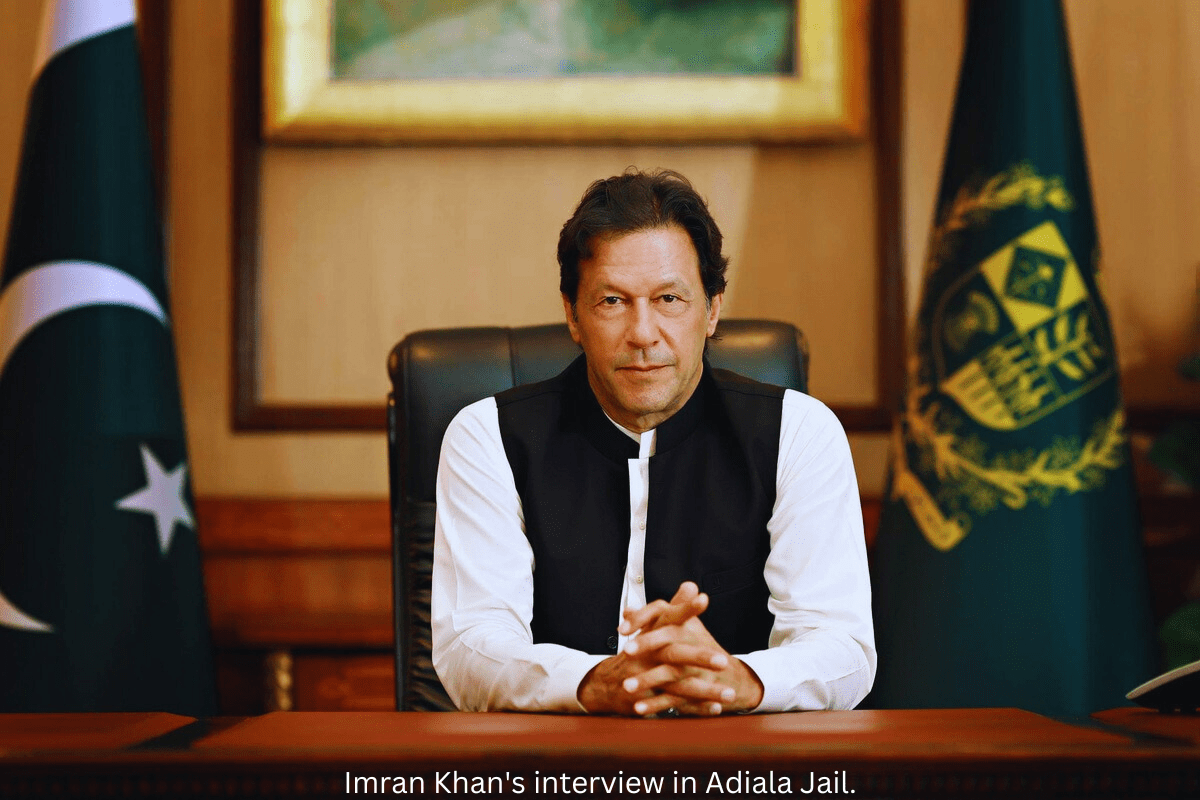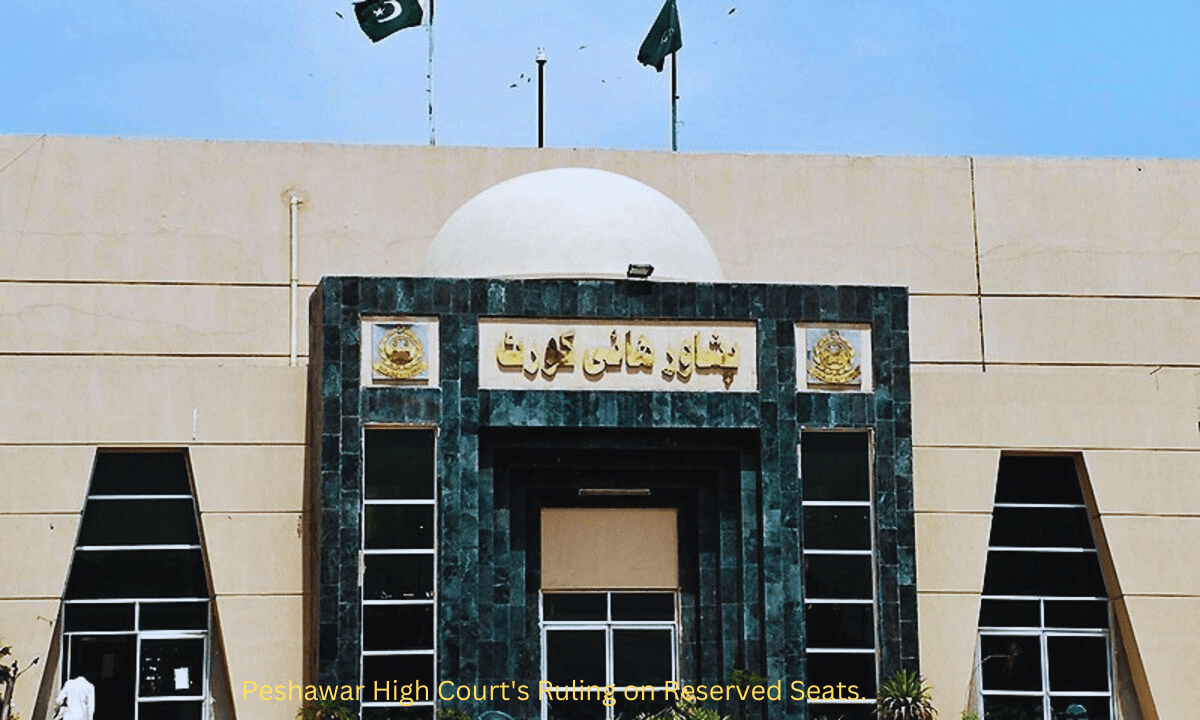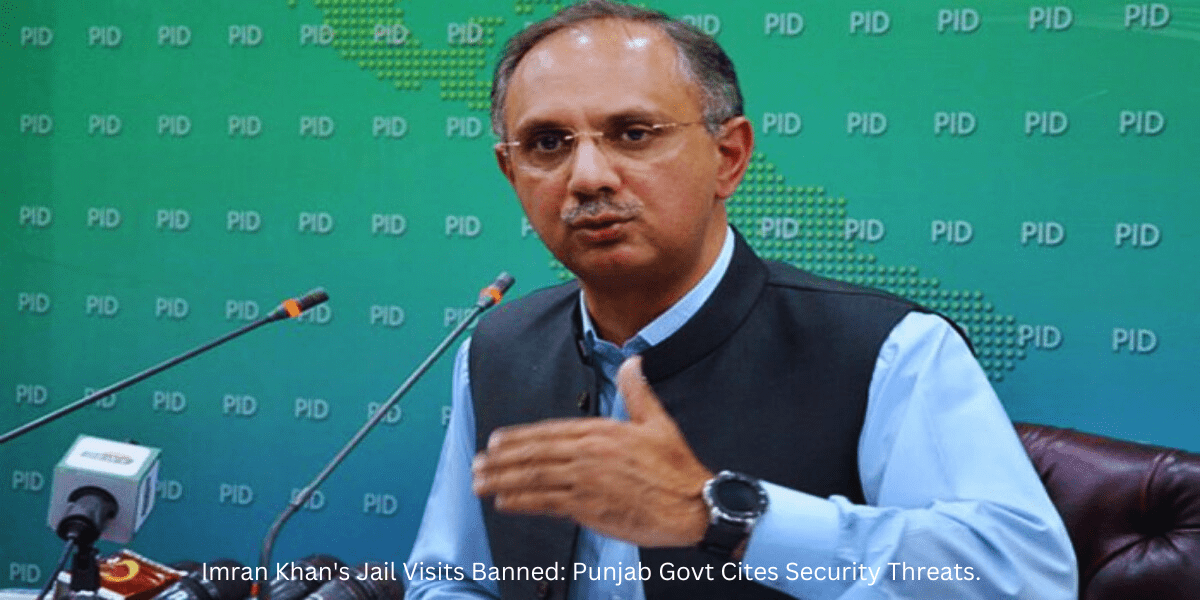
Conclusions
In conclusion, the convergence of artificial intelligence and electoral processes presents both opportunities and challenges.
The World Economic Forum’s warning underscores the real threat of AI-powered misinformation, particularly during elections. As Pakistan prepares for a significant electoral transformation, the influence of generative AI on social media cannot be underestimated. With a substantial young voter population, political actors must adapt to new information tools to sway opinions.
However, the risks of AI-generated content disrupting the electoral landscape are substantial. Without robust mechanisms in place, the potential for mass discord and crises looms. To safeguard the democratic process, collaboration between election authorities and social media giants is essential. Political parties, too, must enforce strict guidelines on social media use to build trust in the electoral process and ensure the longevity of democracy.
The Impact of Artificial Intelligence on Elections
In recent times, former Prime Minister Imran Khan highlighted the significance of artificial intelligence (AI) in shaping the contemporary world. This technology, particularly generative AI, holds the potential to create parallel and augmented realities, impacting various aspects of society, including elections. This article delves into the intersection of AI, generative AI, misinformation, the concerns raised by the World Economic Forum, and the role of social media in the electoral process.
Generative AI and Misinformation
Generative AI technology plays a pivotal role in the creation of parallel and augmented realities, particularly in the context of elections. The ability to produce realistic and compelling content has raised concerns about the potential misuse of AI for spreading misinformation. Short video clips, deepfake videos, and cloned voices are becoming prevalent on social media platforms, contributing to the dissemination of false narratives.
World Economic Forum’s Warning
A recent report from the World Economic Forum (WEF) identifies AI-powered misinformation as the world’s most significant short-term threat. The widespread use of misinformation and disinformation, facilitated by AI tools, poses risks to the legitimacy of newly elected governments. The consequences range from civil unrest and violent protests to hate crimes and even terrorism. The WEF’s Global Risks Report is based on insights from nearly 1,500 experts, industry leaders, and policymakers.
Social Media’s Role in Elections
With more than half of the world going to the polls, including major economies like India, the US, and Pakistan, the role of social media in shaping public opinion is crucial. AI-generated content, including deepfake videos, has the potential to sway voters and influence electoral outcomes. The younger demographic, comprising 57.1 million voters aged 18 to 35, is particularly susceptible to these influences, as they are highly connected to technology and spend significant time on social media platforms.
Political Landscape in Pakistan
While the use of AI by political parties in Pakistan is not new, the recent online rally by the Pakistan Tehreek-e-Insaf (PTI), featuring a virtual message generated by cloning the founder’s voice, showcases the evolving landscape. However, other major parties, including the PML-N, PPP, MQM-P, and Jamaat-e-Islami, appear to lag behind in adopting high-tech tools, relying more on traditional media channels.
Addressing the Threats and Challenges
The risks associated with generative AI extend beyond the potential manipulation of elections. The creation of fake imagery has become more accessible with technological advancements. In Pakistan, where the information ecosystem is susceptible to disinformation, the consequences of AI-generated content disrupting the electoral process can be severe.
Collaborative Measures for Safeguarding Elections
To counter the threats posed by AI-generated fake content, collaborative efforts are essential. The Election Commission of Pakistan, Pakistan Telecommunication Authority, and other relevant agencies must establish liaisons with social media giants, including Meta, Google, TikTok, and Microsoft. Content moderation and enforcement of policies on these platforms become crucial, especially in regions where internet users are more likely to encounter harmful content due to less efficient moderation.
Ensuring Trust in the Electoral Process
In addition to external collaborations, political parties themselves play a crucial role in ensuring the integrity of the electoral process. Implementing strict guidelines for social media cells, binding them to a code of conduct, is imperative. This not only helps in countering AI-generated misinformation but also fosters trust among the public in the democratic process.
FAQs
Q: How does artificial intelligence impact elections?
A: Artificial intelligence can influence elections through the creation of misinformation, especially on social media platforms. Generative AI technology poses a significant threat by generating fake content that can sway public opinion.
Q: Why is the World Economic Forum concerned about AI-powered misinformation?
A: The World Economic Forum recognizes AI-powered misinformation as the world’s biggest short-term threat, as it has the potential to undermine the legitimacy of elected governments, leading to unrest and various social issues.
Q: How are political parties in Pakistan using AI in elections?
A: While the Pakistan Tehreek-e-Insaf (PTI) has utilized AI, other major parties lag behind. The PTI, for instance, cloned its founder’s voice for a virtual message during an online rally. However, most parties still rely on traditional media.
Q: What role do young voters play in the context of AI and elections?
A: Young voters, especially those aged 18 to 35, are highly connected to technology and spend a significant amount of time on social media. They are more susceptible to AI-generated content and can be swayed by political actors using new information tools.
Q: How can the Election Commission of Pakistan address the threat of AI-generated fake content?
A: Collaboration with social media giants, such as Meta, Google, TikTok, and Microsoft, is crucial. The Election Commission needs to develop liaisons to ensure the peaceful conduct of polls without interference from AI-generated misinformation.




Leave a Reply